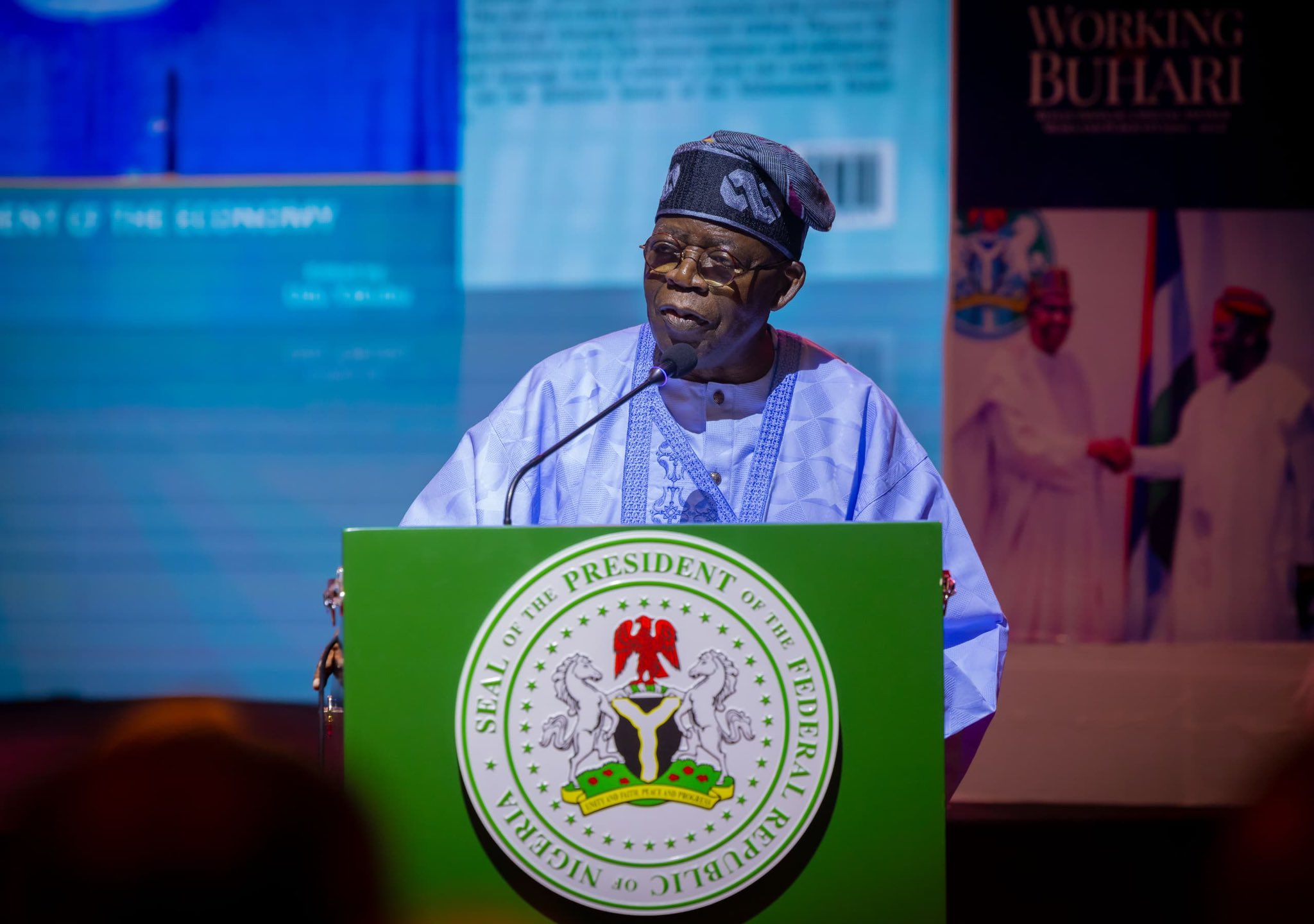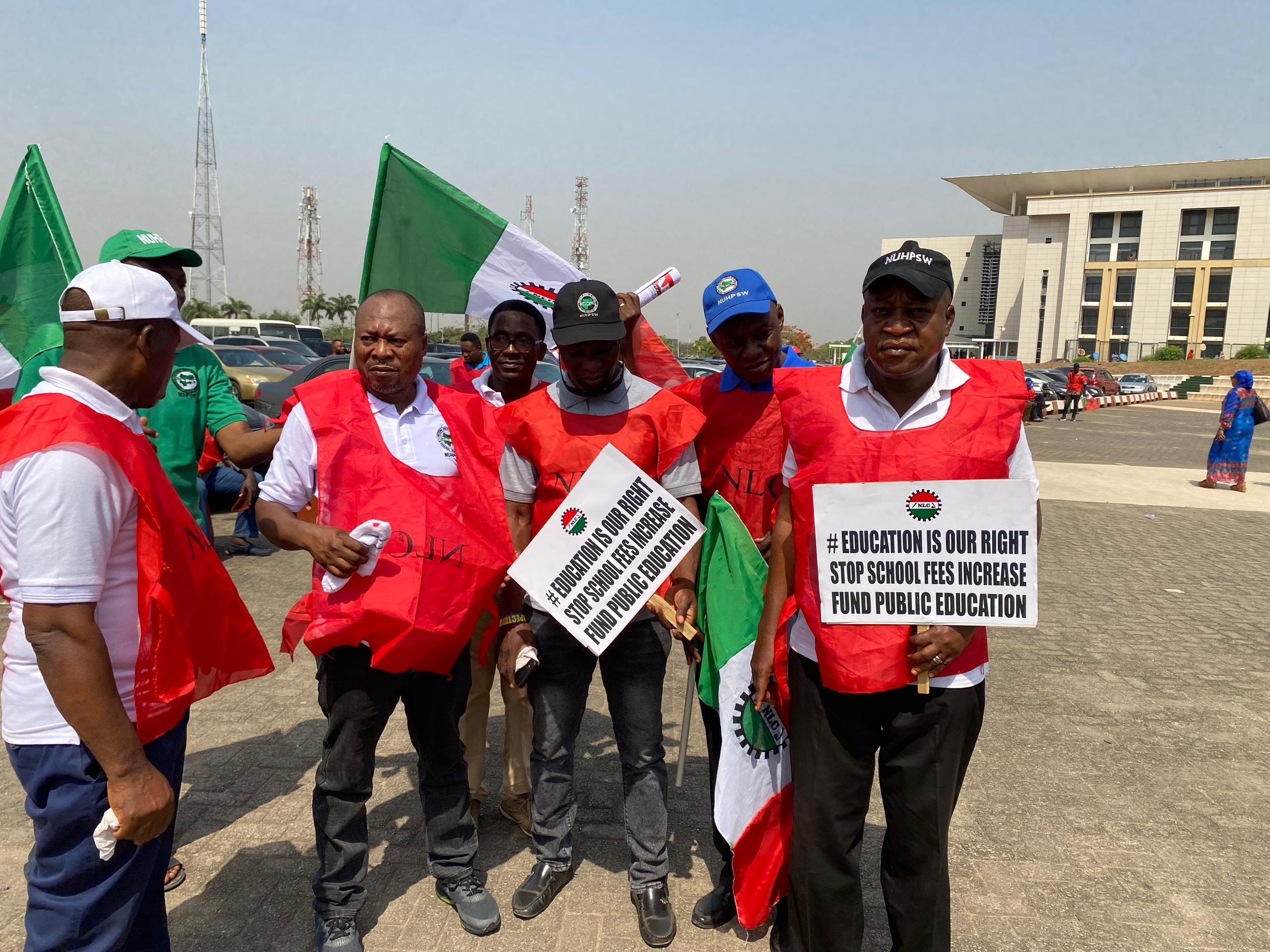Cliches often find expression in some happenings in this nation. The more things change the more they remain the same. That was the position of French writer, John Baptiste Alphonse Karr in 1849. His words are very much alive in Nigeria today with uncanny accuracy.
The big news last week from Kaduna State, which was nasty all the same, is the disruption of telecommunication services by an agency of the government, Kaduna State Internal Revenue Service (KADIRS), which accused three mobile operators, MTN, Glo and Airtel, of owing the state the sum of N5.8bn in taxes. Huge amount that could do so much for a state traumatised by incessant bandit attack.
The state must have to recoup what they felt is legitimately theirs after setting a revenue target of N200bn. So state officials, especially those that have to do with revenue generation, must work towards meeting that target willy-nilly.
Always, the telecoms industry provides low hanging fruits for tax hunters and the Kaduna State Internal Revenue Serivice wasn’t going to let that attraction pass.
Advertisement
“Kaduna State Internal Revenue Service, in the exercise of its powers vested in it by Section 104 of the Personal Income Tax Act, has sealed up the following masts due to the huge tax liabilities as established by Kaduna State and Urban Planning and Development Agency (KASUPDA),” said Zakari Mohammed, Head, Corporate Communications, KADIRS.
All the masts involved and their locations belonging to the operators aforementioned were sealed pronto.
Just when you think that such matters have become a thing of the past, they boil over again. The more things change the more they remain the same.
Advertisement
Engr Gbenga Adebayo, president of the Association of Licensed Telecom Operators in Nigeria (ALTON), was shocked at the crash opportunism of KADIRS and kept wondering why an agency of government should behave in a manner that could inflict pain on the subscribers who would be unable to make calls.
“Assuming there is any substance in the claim that an operator is owing the state or its agencies, the most honourable thing to do after duly writing them is to go to court. This uncivilised way of revenue drive which necessitates the disrupting of critical services like the one telcos render, should stop,” Adebayo said.
Just the way the avalanche broke, eliciting bewildering reactions, the state immediately unsealed the base stations after a plea from ALTON, it was reported. Reasons prevailed over desperation by a state to meet revenue targets.
The simpletons in KADIRS had no idea that some of those base stations could be super base stations, serving a number of states in their capacity, and they would not know too, that their little action could impact services negatively across several states. But all’s well that ends well, is that not what Shakespeare says?
Advertisement
Taxes are commitments by the individuals and corporations to the state, a compulsory contribution they must make from their earnings and businesses to the government, to enable it provide some social services and other infrastructural needs to its people. .
Unfortunately, taxation has remained a source of worry to the telcos who are besieged with a lot of tax demands, more because of the instantaneous success of the sector which hit a tipping point from 2001. To complicate issues a little more, the demands come from the Federal, State and Local Councils.
So from one simple word, taxation, has been added multiple taxation, arbitrary taxation, double taxation and many more, which all just coalesce into the amount of pressure that is brought on the telecommunications industry.
The more things change the more they remain the same. Taxation has remained major headache to the industry and even the regulator, the Nigerian Communications Commission (NCC) which, in 2020, initiated a research on the subject, titled: A Compendium of Taxes, Levies and Fees by State Governments on Telecoms Operators in Nigeria and its Effects on the National Digital Economy Agenda.
Advertisement
The research confirmed some kind of arbitrary tax abuses by the various governments as the telecommunications industry is subject to a cocktail of taxes.
“The Telecommunications Operators in Nigeria reportedly pay more than 40 different taxes and levies to different Agencies of the Government at Federal, State and Local Government levels in Nigeria,” the document stated.
Advertisement
For a country that plans its future on a digital economy, just like most forward looking countries of the world, such tax encumbrances and sundry levies like right of way (RoW), base station permits and environmental charges pose major impediments to growth and rollout of services.
Here are the observations of the document. “As a result, the Sector has over the years, experienced excessive and sometimes unpleasant regulatory intervention and actions from various Ministries, Departments and Agencies (MDAS) of Government who subsequently generate revenue from the operations of telecoms operators through the imposition of High and Multiple and sometimes (though not common) illegitimate levies and taxes. The unwillingness of the Operating Companies to submit to these multiple regimes and demands often results in disruptive enforcement actions by these MDAs.
Advertisement
No sector bears this amount of weight without a little remonstration and there has been some resistance from a sector which doesn’t want to be taxed to death.
“Network Operators continue to experience harassment, forcibly sealing of telecoms sites or removal of key components needed for site installations by MDA in a bid to compel tax compliance. These continued interference in the activities of the Telecoms Operators have resulted in disruption of services, degradation of service quality, along with a huge rise in operating expenses and the overall cost of carrying out telecommunications business in Nigeria,” stated the document.
Advertisement
The document was written in 2020 and it captured happenings in the telecommunications industry since 2001 without a prognostication of what would happen in Kaduna State recently. The truth is that the Kaduna episode has played out in almost all the states of the federation. When a state needs funds after frittering allocations from federal sources, the low hanging fruit is the telecoms sector, which must be coerced into submission with scant thoughts of how such payments abort the capacity of the sector.
I agree with Adebayo that “uncivilised actions such as the one taken by the Kaduna government should not be known with such a respected country like ours.”
As a country, we virtually have all the answers to the problems plaguing us but without requisite capacity, boldness and sincerity to confront them. The NCC document spells out the implications of incessant tax burden on the dream of a digital economy.
This writer is aware of the sundry efforts and movements by Dr Bosun Tijani, Minister of Communications, Innovation and Digital Economy, and Dr Aminu Maida, Executive Vice Chairman of the NCC, who are trying to work with the states and different agencies in order to align them with President Tinubu’s vision for a digital economy.
The more things change the more they remain the same. But looking at the ephemeral development in Kaduna and the general state of the country’s telecoms sector, here is my observed conclusion, and I don’t expect it to be popular. In plain irony, the government, by its actions and tax greed, remains a significant disruptor of the digital economy it seeks to promote.
Views expressed by contributors are strictly personal and not of TheCable.
Add a comment







